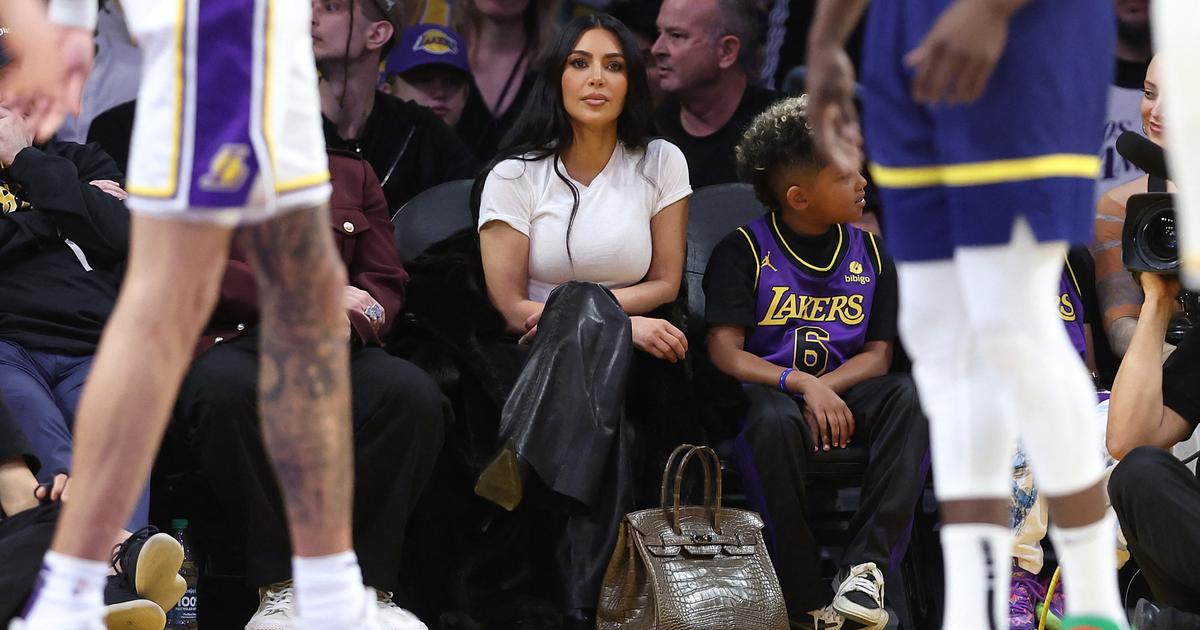Hermès, Prada & Co.: Despite high inflation, the rich squander money on luxury goods
Created: 08/10/2022, 15:50
Despite high inflation, business at Prada is going very well.
© Artyom Geodakyan/Imago Images
For the more affluent, high inflation doesn't seem to be worrying them just yet.
Many luxury brands can look forward to high profits.
Berlin/Washington, DC - Inflation, delivery problems, bad mood among consumers: all this seems to have little effect on the global luxury brands.
In Europe and the USA, companies such as LVMH, Kering, Hermès and Prada recently posted record sales – worldwide sales and profits rose by 20 to 30 percent, and customers apparently accepted the price increases.
"The demand is there," confirms Arnaud Cadart, portfolio manager at Flornoy, to the
AFP
news agency .
Luxury customers worry less about inflation
In contrast to other products, the customers of the manufacturers of luxury goods are wealthy people.
They are "less sensitive to inflation, the risk of recession or fears about their jobs," explains Cadart.
Business is going well worldwide - with the exception of China, where strict corona measures have recently led to weaker demand.
For example, the luxury brand Prada was able to increase its sales in Europe by a significant 89 percent in the first half of 2022 - thanks to returning tourists.
The clothing manufacturer Moncler also benefited from the return of visitors: the Italian company with French origins recorded a 42 percent increase in sales.
Weak euro benefits luxury goods manufacturers
The weak euro also had a positive effect on the balance sheet of luxury item manufacturers: US customers in particular were happy to buy luxury items due to the strong dollar.
"In Europe, we are currently selling four times as much to US citizens as we did last year," said Jean-Marc Duplaix, chief financial officer of Kering, which owns luxury brands such as Gucci, Yves Saint Laurent and Balenciaga.
The weak euro is therefore a double stroke of luck for the manufacturers of luxury items: Most of the production takes place in Europe, which is currently comparatively cheap due to the weak euro.
On the other hand, the products are often sold abroad – and paid for there with the currently strong dollar.
also read
Concession to Putin: Erdogan is undermining the West's most powerful sanctions
Pensioners, families and trainees: Now there's money from the state
"We estimate that the euro zone accounts for an average of just 15 percent of the business figures of European luxury goods manufacturers," wrote the British bank HSBC in an analyst note in July.
The sector is thus benefiting “from a strong positive currency effect thanks to the weak euro exchange rate”.
For example, the world's largest luxury group, the French group LVMH, recorded a sales increase of 28 percent in the first half of the year.
A quarter of this increase is due to currency effects, the company said.
Luxury items: Rising commodity prices are easily passed on
The manufacturers of luxury items can pass on the rising prices for primary products and raw materials to their wealthy customers with comparatively little trouble.
"So far, the customers have not cared about these price increases," explains the manager at Monocle, Pierre Michaud.
"Sales figures in France have increased by 41 percent - a record."
Despite the overall uncertain economic prospects, the manufacturers of luxury items are therefore confident.
For example, the luxury goods manufacturer Kering announced in June that it intends to double sales of the clothing brand Yves Saint Laurent to five billion euros a year.
Ferrari aims to increase its sales to 6.7 billion euros by 2026 - an increase of 40 percent compared to the expected sales for this year.
(pH/AFP)












